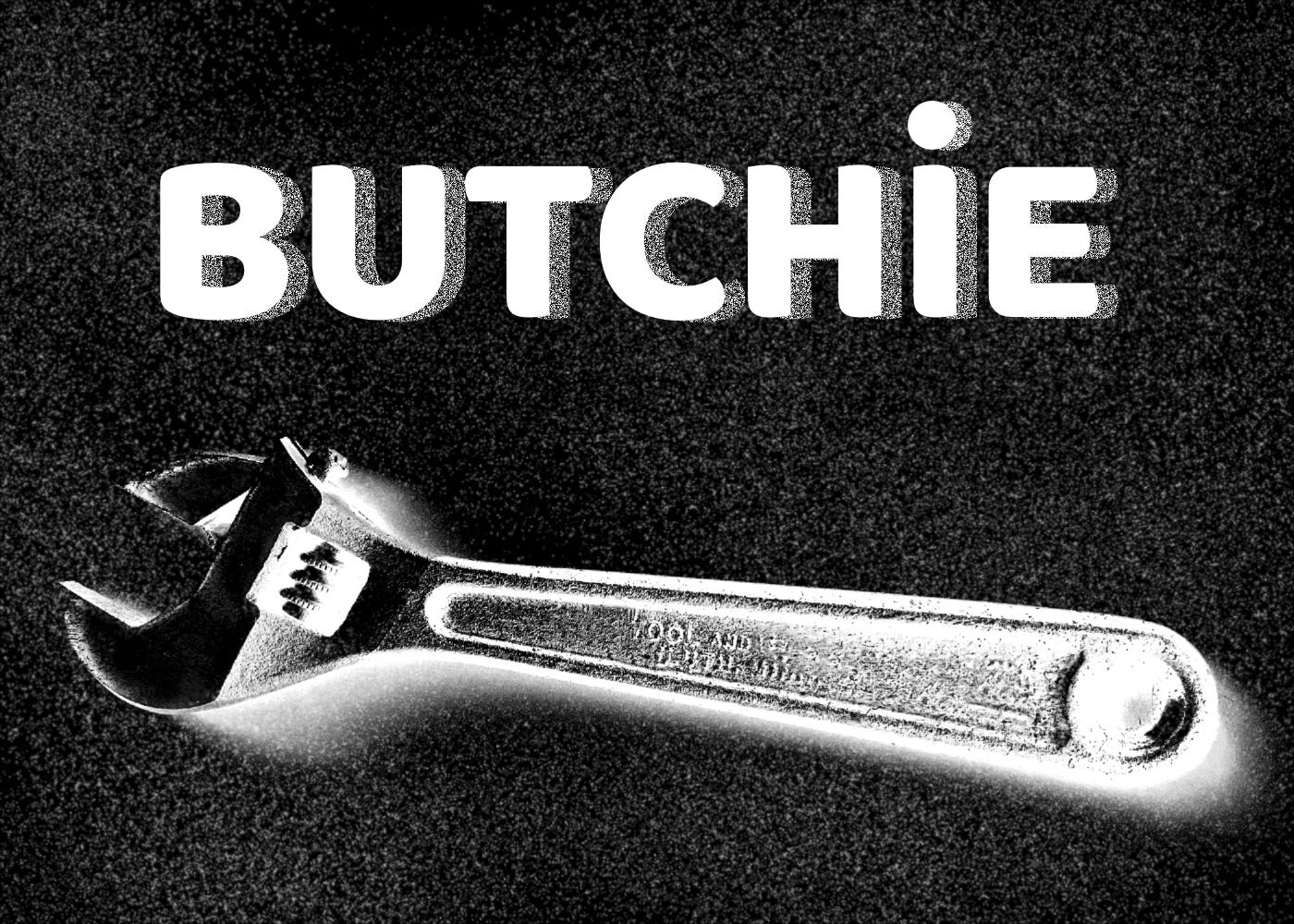The air turned still. Butchie stopped digging to look up. Dark clouds rolled in, shoving out the daylight. He got back to work on a new hole. Eventually he’d find something to bury in it. His other holes were filled with stuff like broken dishes, shards of shattered glass, stray playing cards, and one dead horny toad.
The screen door creaked open, his mother stepped out. “Butchie come inside. Right now.” The screen door banged shut. Butchie kept digging.
His father, had he been conscious and not passed out under the car, would’ve beat Butchie. He didn’t think his father really cared that he’d disobeyed; any excuse for a beating worked just fine.
Most nights, his father slept under the car, sharp white gravel pushing against his back, wrench in hand as if anybody looking would think he was working on the car. Nobody ever thought that.
The air pressure dropped. Butchie dug faster. The willow tree in the yard next door was quiet. The neighbor’s kid used to sit in that tree singing sappy songs, but her family packed up and moved out soon after he beat her on the back with a hose nozzle.
Butchie dug until the sky completely blackened. First hail, then the wind came up hard enough to rip that willow right out of the ground, carry it a ways, and slam it down on the driveway on top of his father’s car. Other than that, little damage. Butchie got lucky.
His father, not so lucky. Wrench still in hand, he struggled to push himself out from under the smashed car.
Butchie ran to his father, wrested the wrench out of his grip and cracked the bastard on the head. Looked and sounded like one blow was enough. Two just to be sure. The third was for fun.
He buried the wrench in his fresh-dug hole and covered it with dirt, then ran back to where father lay bleeding. “Daddy! Daddy!”
His mother rushed out. “Well, well, well, look at what we’ve got here.” She crushed her cigarette on the gravel and went back inside.
The storm raged across town leaving behind air of extraordinary clarity.
Butchie went on to murder many more.
***
He looks out over the crowd, takes a deep breath, and smiles. “Yes, I am a murderer. I have killed many — hundreds, possibly thousands, perhaps as many as there are of you standing here today. I have killed in service to the US war machine.”
He stops for the cheers and applause.
“I never saw any of the men, women, children, or babies I slaughtered. I never saw any of the farm animals, pets, birds, bugs, or lush plants whose lives I ended. And for what reason? I had nothing against any of them.”
How could he? Unlike his father, none of those he’d killed had ever harmed him.
More cheers.
“Together, through our actions, we can end this war!”
One of the rally organizers steps to the front of the stage. “Thank you, John, thank you for coming here today to share the truth.”
John, yes, his real name. He’d dropped Butchie soon after he enlisted. That’s right, he wasn’t drafted; he believed, at the time, he was doing the right thing.
The crowd chants. “No more war, no more war.”
***
John shuts the laptop’s lid. Enough for one day. Out the window of his study the city sparkles and buzzes with energy. He came straight to New York after the war. He never returned to, or spoke of his home town.
He does sometimes wonder about that wrench. Had it been dug up, paved over, buried under rubble? Did somebody find it? Had they used it to fix something? It doesn’t really matter, does it?
His fifth book is a new challenge. Like the others it is about the war, but fiction this time. Fiction, John now understands, has the power to tell a greater truth.




holy crap! This is powerful and sinister!